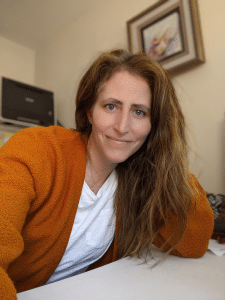Harvard recruits influencers to share mental health information

Harvard University is partnering with a team of TikTok and Instagram creators and influencers to engage the public in two-way conversations about mental health.
“It was amazing to see how thoughtful and creative all the participants in the mental health creator program were and what a good job they wanted to do,” said Amanda Yarnell, senior director of the Center for Health Communications at Harvard’s T.H. Chan School of Public Health.
The center has long worked with traditional news organizations to share public health messaging. Focusing on social media was a way for the center to reach a wider audience in a fractured media landscape.
“Too ...
Want to keep reading this article from New England Psychologist?
Login below or subscribe today to support independent journalism!
